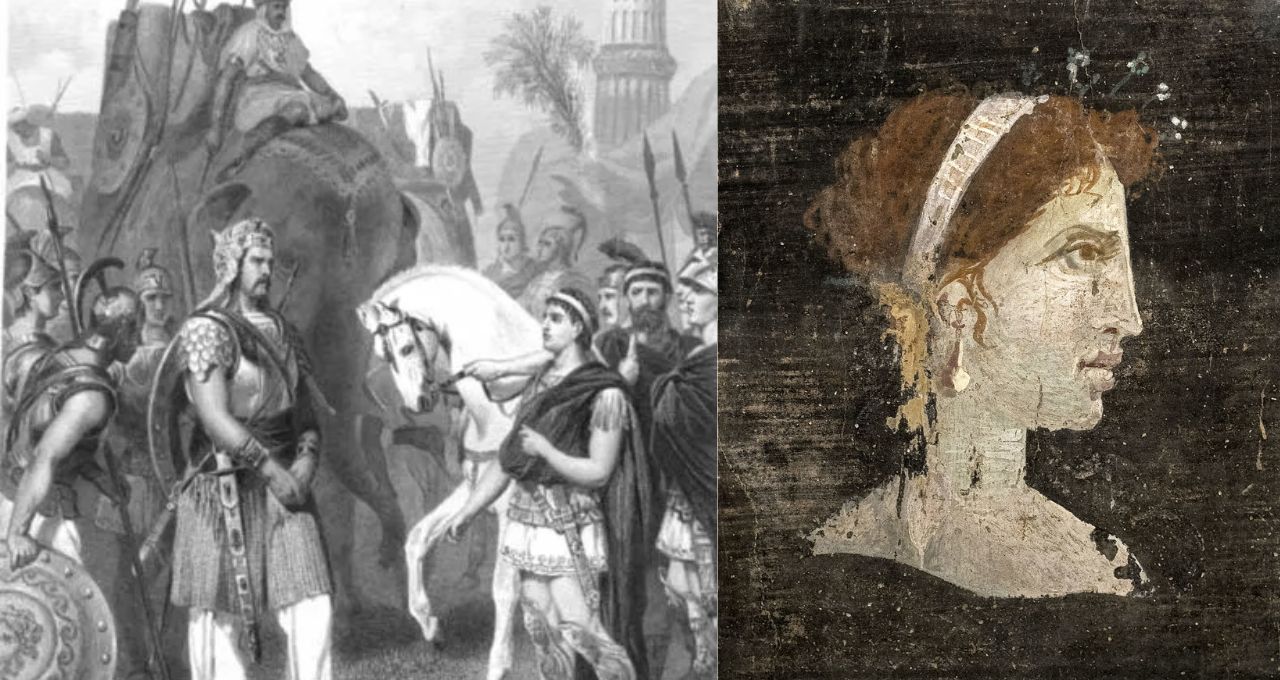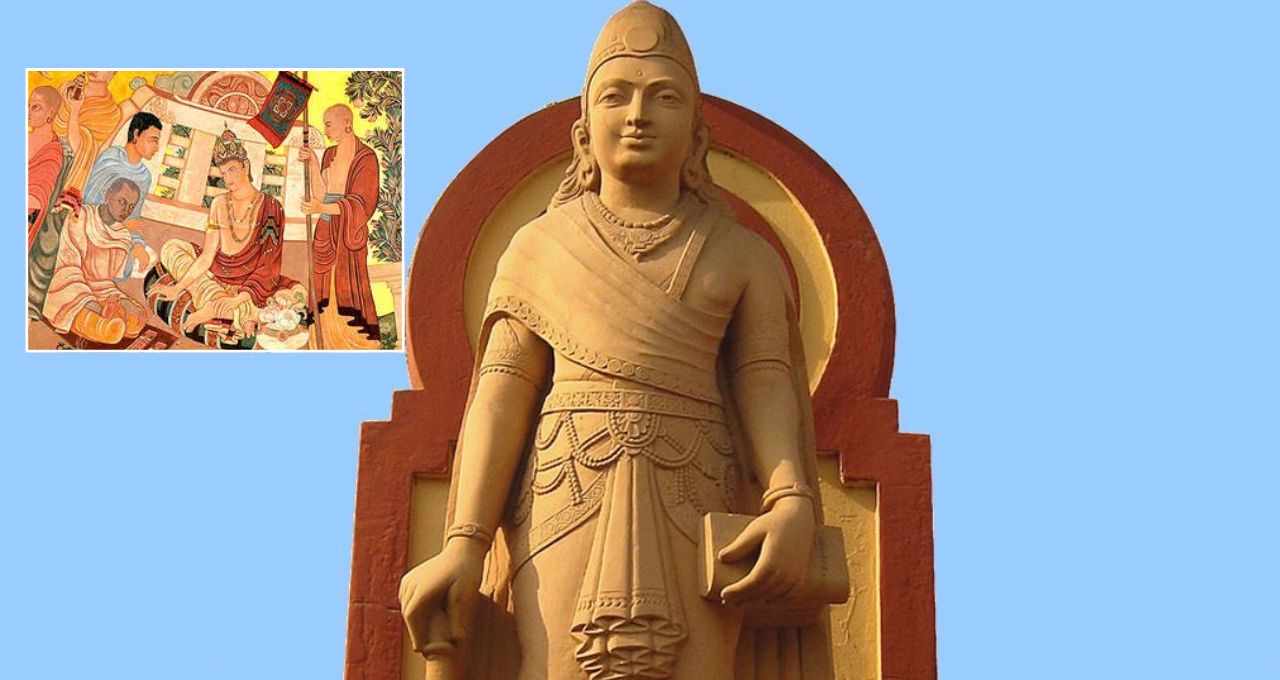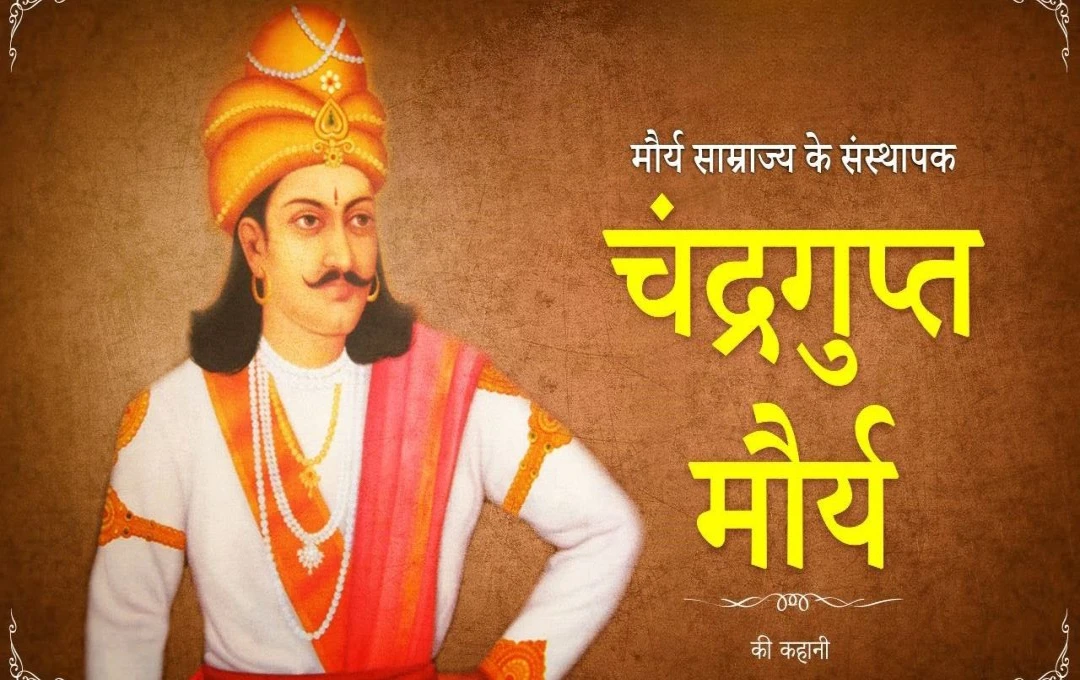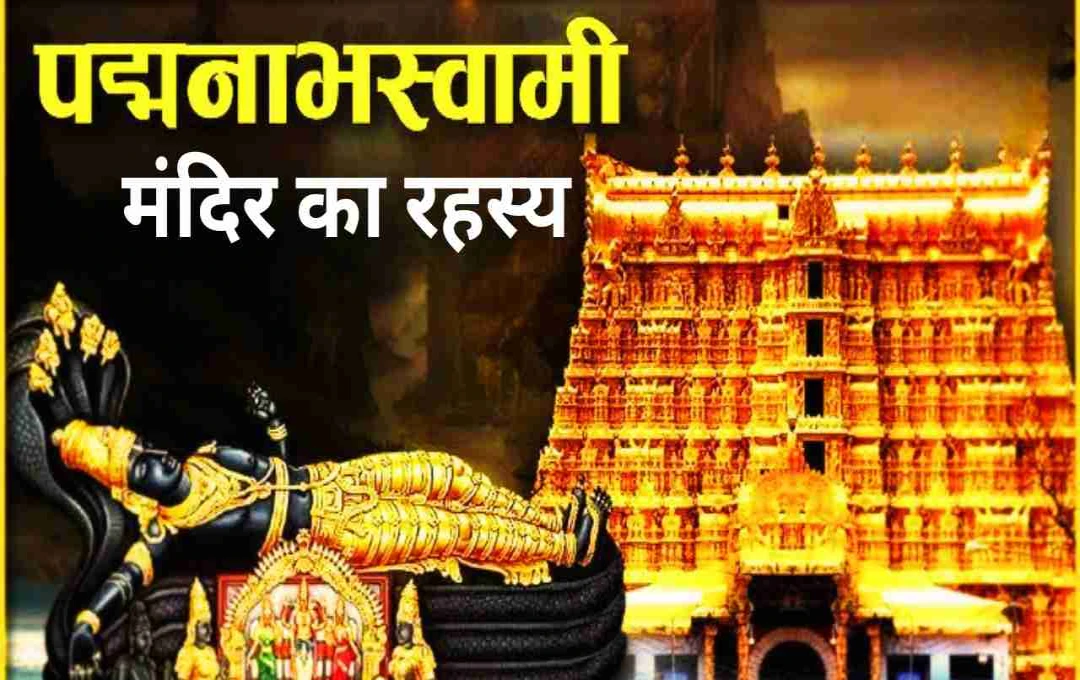Chandragupta Maurya is considered one of the greatest and most influential emperors in Indian history. As the founder of the Maurya Empire, he unified the Indian subcontinent and left a profound impact on Indian politics, administration, and culture. His reign, policies, and military victories established him as an invincible emperor, whose legacy continues to endure.
Chandragupta Maurya's Early Life
Chandragupta Maurya was born around 340-380 BCE, into a common family in Pataliputra (now Patna). He is said to have been born into a Kshatriya family, with his father's name being Siddhartha Maurya. From childhood, Chandragupta displayed valor and leadership abilities, hinting at his future greatness.
He received guidance from eminent teachers like Chanakya (Kautilya), who trained him not only in the art of warfare but also provided profound education in politics, administration, and the duties of a ruler.
Establishment of the Maurya Empire
Chandragupta Maurya laid the foundation of the Maurya Empire in 321 BCE. Exploiting the weaknesses in the reign of Dhanananda, the Nanda king, Chandragupta and Chanakya launched a rebellion. Defeating the Nanda king, Chandragupta established the Maurya Empire in Pataliputra. Thereafter, the Maurya Empire rapidly expanded across northern and western India.

Chandragupta Maurya's Significant Wars
War with Seleucus Nicator (305 BCE): Chandragupta Maurya fought and defeated Seleucus Nicator, a general of Alexander the Great. This victory led to a historic treaty, granting the Maurya Empire control over Afghanistan and parts of western India.
Friendship with Cleopatra: Chandragupta Maurya also established amicable relations with Cleopatra, the queen of Egypt, a significant diplomatic achievement for his empire.
Chandragupta Maurya's Administration
Under Chandragupta's rule, the administration was highly organized and strengthened. He established a robust central administrative system. This included a b law enforcement system, protection of trade routes, and a just taxation system. His army was also highly powerful and disciplined, making the Maurya Empire's military force the most influential of its time.
Chandragupta Maurya's Religious Conversion and Death
After expanding his empire, Chandragupta Maurya embraced Buddhism. Later, he inclined towards Jainism and spent his final years leading an ascetic life in Shravanabelagola, Karnataka. He peacefully breathed his last in 297 BCE.

Chandragupta Maurya's Legacy
Chandragupta Maurya left an indelible mark on Indian history. He laid the foundation of the Maurya Empire and transformed it into a powerful kingdom. His reign propelled India towards prosperity, stability, and unity. His policies, military strategies, and administrative approaches continue to be subjects of study.
Chandragupta Maurya's contributions remain invaluable to Indian history. He was not only a great ruler, but his administrative and diplomatic measures continue to serve as a guide for the nation's rulers.














